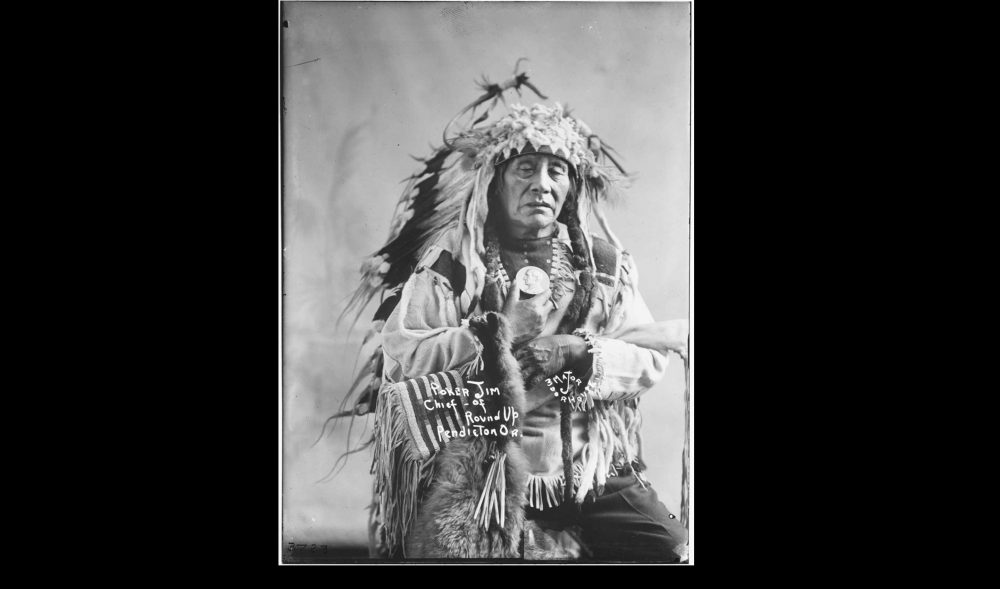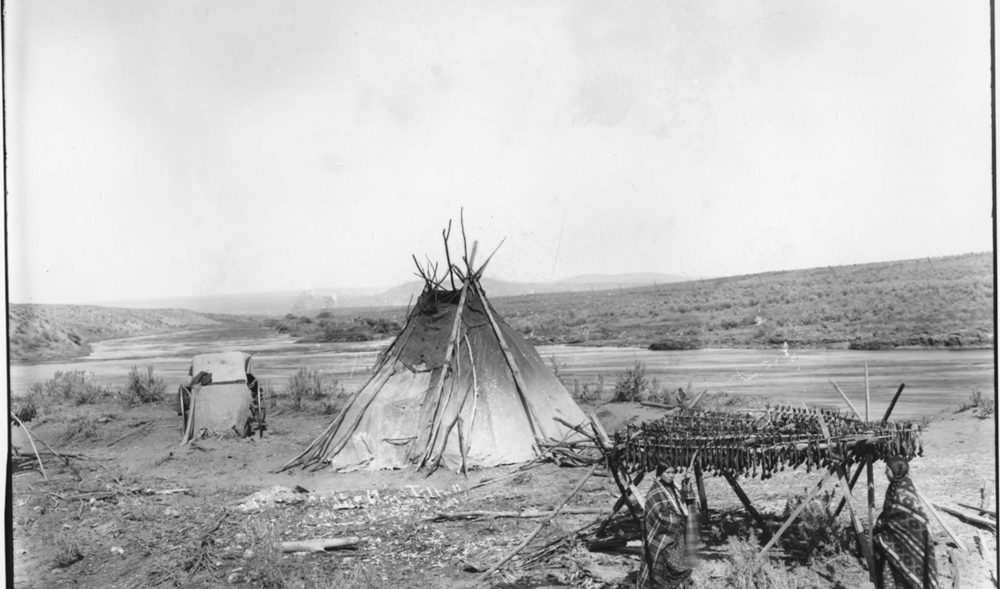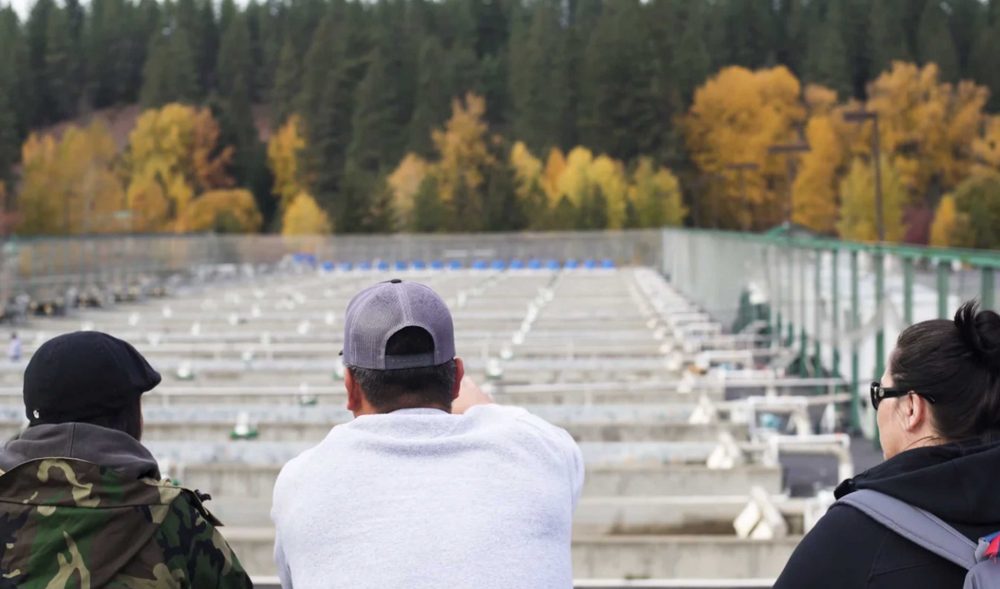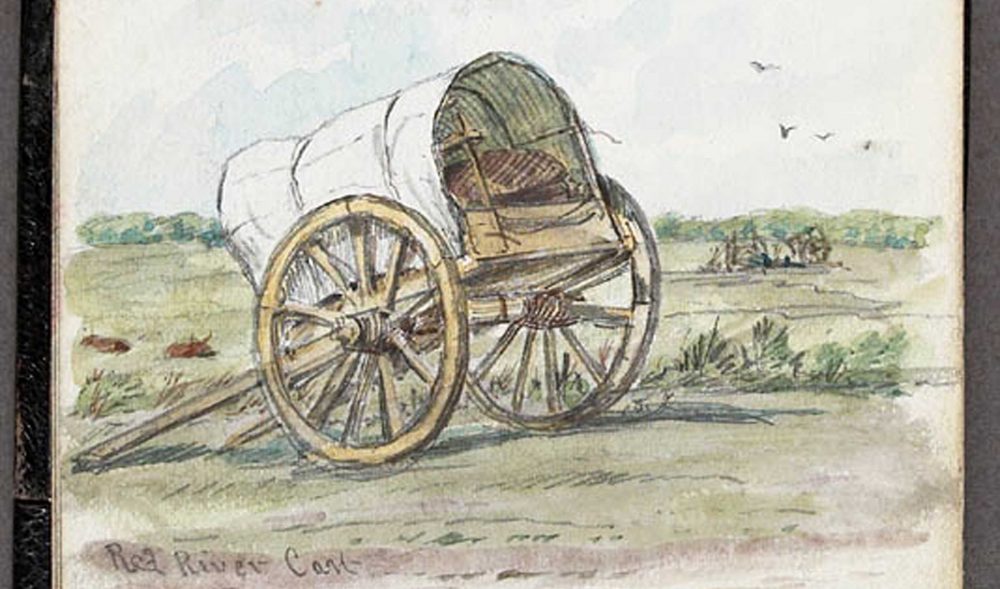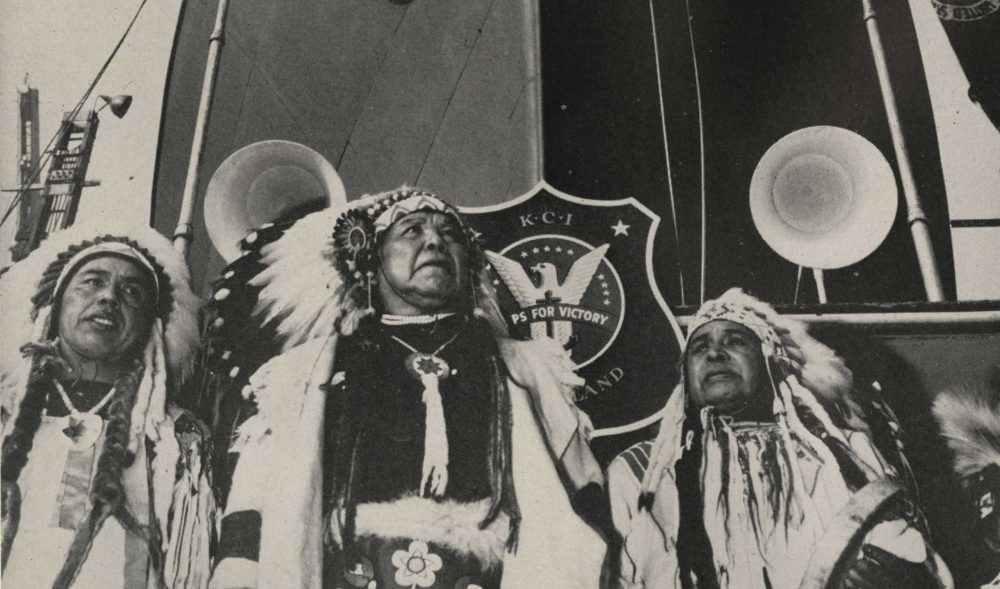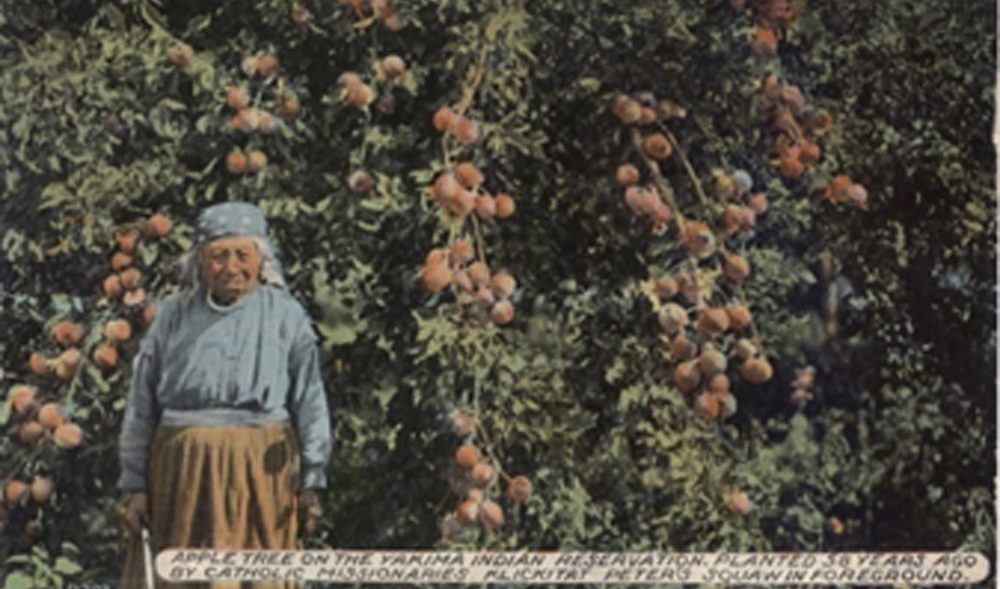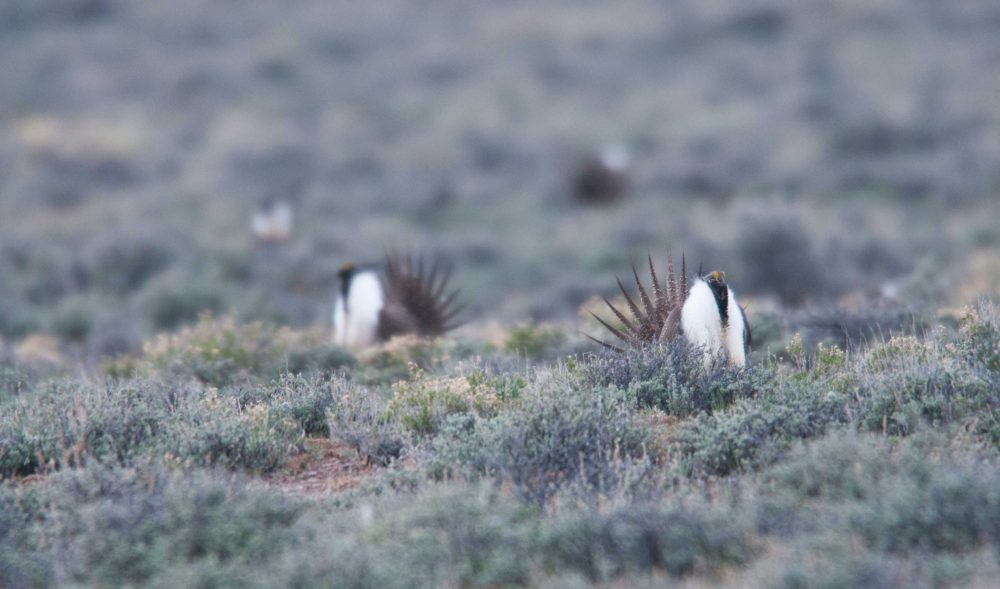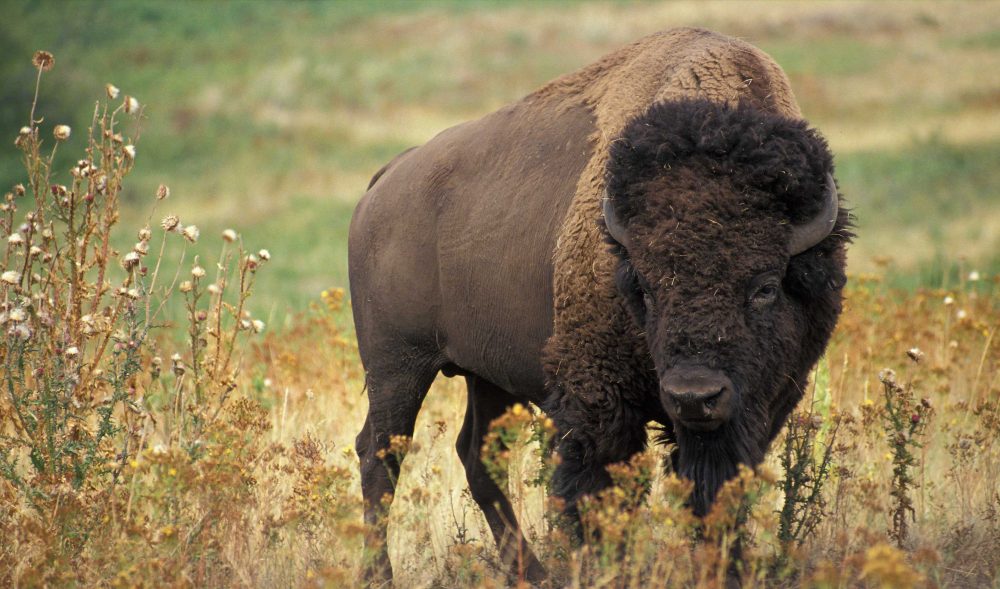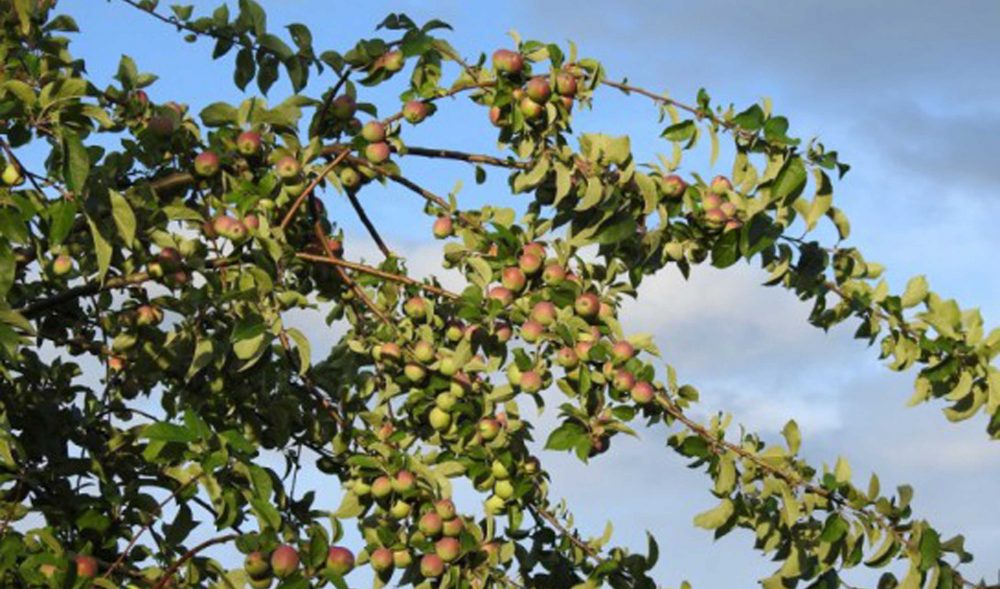Tag Result
tag: Yakama
The site of Sacajawea State Park had been important for trade and kinship. The Corps of Discovery were led there by Sacajawea in 1805. By the 1870s, settlers took the land and local tribes were sent off to reservations.
Many different tribes came together at the site of modern-day Sacajawea State Park. Although to later explorers it seemed barren, this crucial trading site was also an important site for weddings and kinship exchanges.
Charles Strom (Yakama) discusses the Cle Elum Supplementation Research Facility and talks about the importance of carrying on the legacy of the Yakama Nation via caring for the fish. Video by Woodrow Hunt of Tule Films.
Some of the earliest pioneers to Fort Vancouver, the Metis are French-Native American individuals. Although Metis were brought to Fort Vancouver on false promises, they found success for themselves in their new home.
The World Wars brought a number of changes to the Vancouver-Portland area, including the introduction of women to the industrial labor force. Among those women were Native American women brought to work as welders.
The cultivation of apples and other orchard fruit at Fort Vancouver was highly successful, expanding to a third site at Fort Simcoe. The Nez Perce and Yakama quickly took to the crop, finding it productive and valuable.
The Greater Sage-Grouse is a bird whose mating call and dance have become an icon of the West. However, they are endangered and face extinction. The Yakama Nation is trying to reintroduce the sage-grouse to native lands.
American Buffalo, or bison, was a staple of many Native diets, but had disappeared by the 1820s from most places west of the Clark Fork. Modern revival efforts by the Yakama nation have brought bison back.
The introduction of apple trees and other orchard fruits to the Northwest was very popular with both Native and white populations. Often overlooked, Native women played a major role in cultivating the first orchards.

